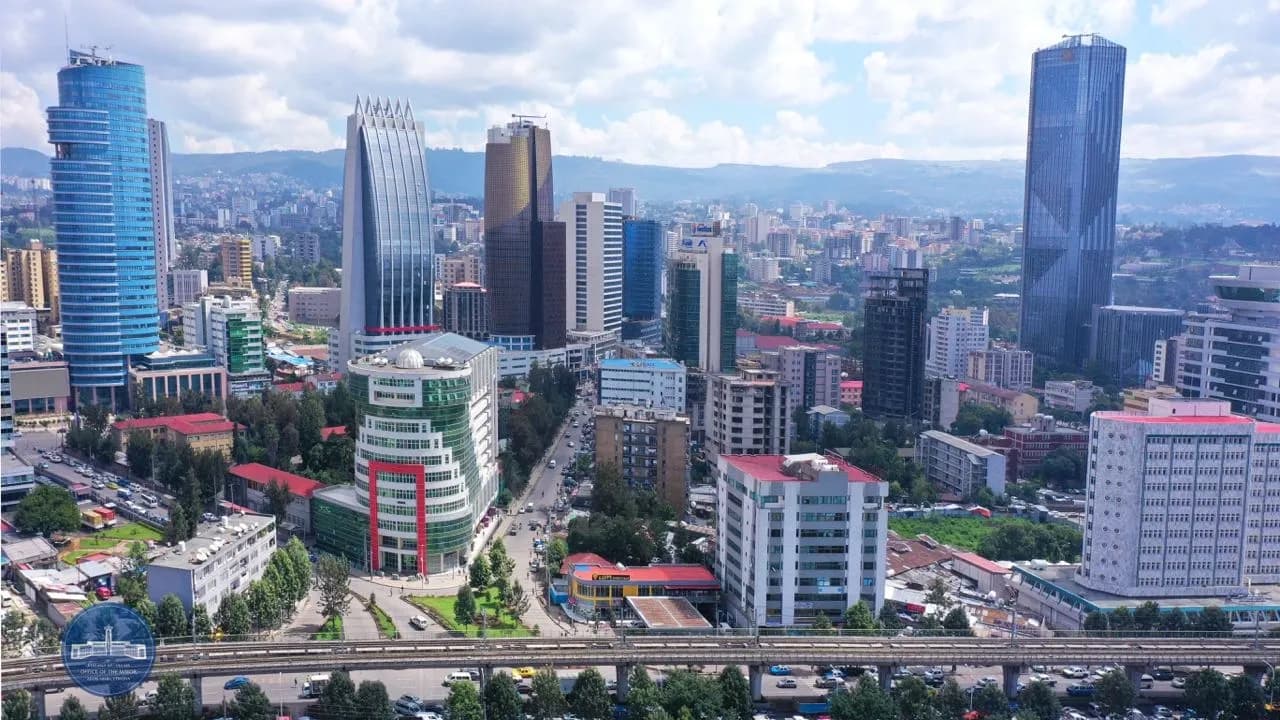Progress for 0 ad
Progress for 1 ad
Progress for 2 ad
Progress for 3 ad


Team Shega
Addis Ababa, Ethiopia

Capping off a week marked by stellar announcements of forex allocation by Ethiopia’s banks, the Bank of Abyssinia (BoA) reported yesterday that it has disbursed nearly 350 million dollars to its customers in the budget year. Notably, more than half of this amount, $189 million, was disbursed in the third quarter of the budget year to a little over 1,000 customers. A focus on supporting importers with the provision of essential commodities was reported by BoA.
Earlier in the week, Awash Bank, the biggest private bank in Ethiopia, had announced that it allocated nearly half a billion dollars to 2,200 customers since January. The Bank echoed the prioritized allocation for strategic commodities like fuel, edible oil, and sugar. The Commercial Bank of Ethiopia (CBE), the state-owned bank with nearly half of the banking industry, also reported later in the week that it allocated a little over 122 million dollars to 698 customers.
Awash’s disbursements of 79 million dollars for fuel reflect an adoption of a recent central bank ordinance that requires commercial banks to share in its long-standing sole burden of settling fuel-related letters of credit. Back in October, the National Bank of Ethiopia (NBE) injected $175 million to ease pressures in fuel import payments.
The past week’s reports signal a marked departure from Ethiopia’s troubled history with foreign currency availability, as even the central bank had just enough international reserves to cover three weeks of imports just two years back. Foreign currency shortages have long constrained Ethiopia’s import capacity, prompting the enforcement of forex retention rules, which are currently being phased out.
Ethiopia’s transition into a floated exchange regime policy in July has narrowed currency prices in parallel and official markets, sparking increased remittance inflows and export earnings. The reform, which was part of concessions to a four-year economic program prescribed by the International Monetary Fund (IMF), has paid dividends in foreign currency inflows. A fortuitous historic surge in the price of coffee, Ethiopia’s major export commodity, has further cushioned the potential fallout of the economic overhaul.
NBE has reported historic reserve highs in the post float era, partly spurred by a simultaneous rise in international gold prices and increased supply to its vault as the country’s sole authorized gold exporter. Indicative of the central bank’s bolstered reserves, its governor, Mamo Mihretu, announced the introduction of bi-weekly foreign exchange auctions last week, set to continue until the end of the year.
However, as foreign currency inflows have soared, the Birr has become in short supply at commercial banks, nudging them to increase their reliance on the five-month-old interbank money market. Transactions in the money market had grown steadily to 338.8 billion birr by the end of last month, according to a recent statement by the central bank.
👏
😂
❤️
😲
😠

Team Shega
Your Email Address Will Not Be Published. Required Fields Are Marked *